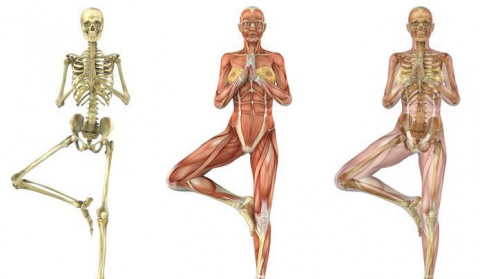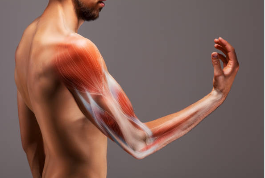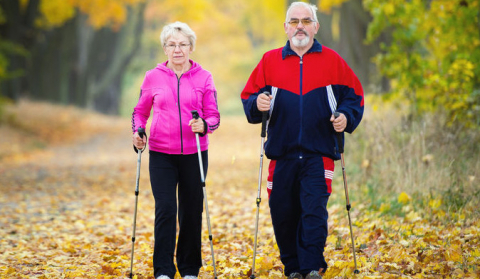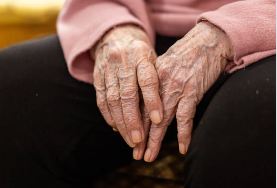
Registration


Nordic Walking has proven to be more effective than brisk walking and even jogging in improving heart rate, blood pressure, oxygen consumption, and quality of life, making it a valuable tool for both prevention and rehabilitation across various health conditions.

Nordic Walking, a relatively recent form of physical activity using poles for traction, has gained global popularity due to its health and rehabilitation benefits. Research highlights its positive physiological, fitness, and biomechanical effects compared to regular walking.

A study of 161 seniors found that regular Nordic Walking significantly improves health self-assessment in older adults, confirming it as an optimal form of physical activity for the elderly. Further research is recommended to explore its biological and psychological benefits.

Nordic Walking proves to be a viable and effective training method for patients with moderate to severe COPD, providing higher exercise intensity and physiological benefits compared to traditional walking tests.

A 12-week study shows that Nordic Walking significantly improves cardiovascular fitness in sedentary obese women, offering an effective and sustainable alternative to traditional walking for promoting long-term lifestyle changes.

Nordic Walking activates upper body muscles more than conventional walking but does not increase movement complexity, making it a suitable physical activity even for those with limited motor skills.

Nordic Walking improves gait parameters and reduces lower limb load compared to regular walking, making it an efficient and joint-friendly exercise option.

This study assessed the physiological responses of healthy middle-aged women during Nordic Walking, regular walking, and jogging, revealing differences across these popular forms of aerobic field exercise.

Proper Nordic Walking technique significantly increases muscle activation and metabolic intensity compared to modified styles, suggesting that technical training can maximize its health benefits.

A 3-month Nordic Walking program significantly improved cardiovascular health and aerobic capacity in elderly women, confirming its effectiveness as a moderate yet impactful form of physical activity.

A 15-week Nordic Walking program at moderate-to-high intensity significantly improved functional capacity and reduced activity limitations in women with fibromyalgia, proving to be a feasible and effective exercise option.

A systematic review of randomized clinical trials confirms that Nordic Walking, performed at moderate to high intensity, improves gait, balance, motor function, and quality of life in people with Parkinson’s disease.
© 2024 onwf.org | Original Nordic Walking from Finland